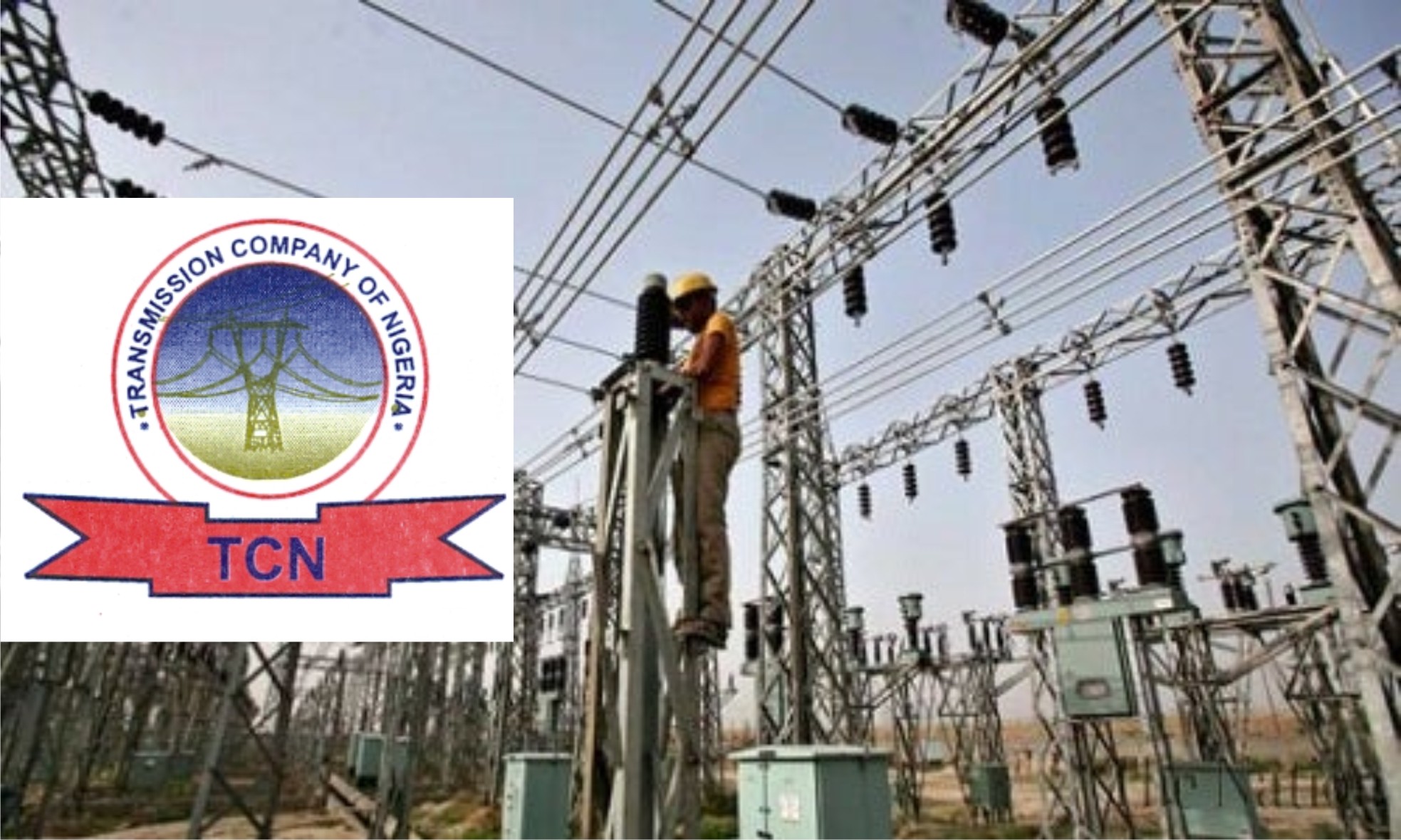Business
Digitisation Policy: Don Raises Concern Over e-Waste Volume
A don, Prof. Oladele
Osibanjo, has expressed concern over the increasing volume of electronic waste in the country.
Osibanjo, a professor of chemical management at the University of Ibadan, made the observation in Abuja during an interview with newsmen.
He said that the digitisation and Information Communication Technology (ICT) policies would pose challenges in terms of e-waste management.
The don said that the country would experience high volume of waste as a result of transition from analogue to digital by 2015, the deadline set for the digitisation policy.
According to him, the country should plan and be ready to face the challenges of handling the volume of e-waste that would be generated by these policies.
Osibanjo, who is also an Executive Director of Basel Convention Coordinating Centre for Training and Technology Transfer for Africa Region at the University of Ibadan, said that Nigeria was the electronic waste (e-waste) capital of Africa.
“We are battling from e-waste from two sources – those generated internally and those from outside the country.
“Nigeria generates the largest volume of e-waste in Africa, 1.2 tonnes yearly and the volume continues to increase because of the ICT policy.
“The policy of a computer per child and everybody going into ICT and so on.
“With the digitisation in 2015, the volume will further increase, what will happen to analogue?” he asked.
The don also said that the importation of second-hand computers and illegal dumping of the second-hand electronics had also been a challenge in the country.
Osibanjo, however, noted that the biggest challenge the country would face was lack of infrastructure to manage the e-waste.
“What we do now is that we collect what is not working and dump those that cannot be repaired and burn them and the process of burning constitutes health hazard.
“It constitutes health hazard because of the toxic chemicals from those components. They contain heavy metals such as mercury, lead and plastics.
“ For example, the plastics do not get burnt through the process that is referred to as Persistent Organic Pollutants (POPs).
“So, the level we are in Nigeria is that we are still using crude methodology for recycling e-waste; this takes place in the informal sector.
“ Informal sector is where you see those waste collectors and waste scavengers collecting wastes and burning them openly and by doing so, they are releasing toxic chemicals to the environment.
“The health side is that in the informal sector, they do not wear protective equipment; no masks, no cloves; they are getting exposed and their health is at risk by the e-waste,’’ he said.
On the other hand, the don said electronic equipment contained materials of strategic value such as indium and palladium; and precious metals such as gold, copper and silver.
He said they could be recovered and recycled thereby serving as a valuable source of secondary raw materials, reducing pressure on scarce natural resources, as well as minimising the overall environmental footprint.
Business
CBN Unveils NTNIA, NRNOA Accounts For Diaspora Nigerians’ Investment

Business
Diesel Price Hike: Manufacturers Opt For Gas

Business
TCN Debunks Grid Collapse, Says Lines Tripped

-
Niger Delta13 hours ago
Yenagoa Becoming Modern City Under Our Stewardship – Diri
-
News11 hours ago
Monarch Assures Government, Residents Of Continuous Peace In Woji
-
News17 hours ago
We Need Additional N20bn To Pay Families Of Deceased Military Personnel -Minister
-
Politics13 hours ago
Good Governance: Clark Urges NGF Suspension
-
Business14 hours ago
Azman Airline Dismisses Aircraft Sale Alegations
-
Sports11 hours ago
NNL Fines Sporting Supreme, Kada Warriors FCs Over Unruly Conduct
-

 Niger Delta13 hours ago
Niger Delta13 hours agoMOSIEND Hails RSG Over Asari’s Chieftaincy Recognition
-

 News10 hours ago
News10 hours agoAFRD: Let’s Celebrate Gallantry Of Soldiers More While Alive Than In Death -Fubara …As Rivers Honours Fallen Heroes, Members Of Armed Forces With Thanksgiving

